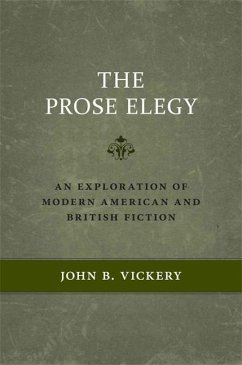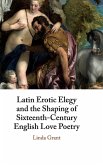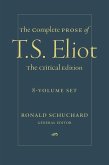The Prose Elegy considers the works of American and British fiction writers to reveal how the traditional English poetic elegy expanded and evolved to include prose and to deal not only with death but also with other forms of loss. Focusing on individual works ranging from Henry James to Joan Didion, the author explores both the forms the elegy takes throughout the twentieth century and the skeptical and uncertain attitudes of writers struggling to confront the trauma of loss. Vickery offers detailed interpretations of the elegiac components in the works of novelists James Joyce, William Faulkner, Virginia Woolf, and Ernest Hemingway, each of whom forged a distinctive style, as well as the chroniclers of pervasive stoicism, such as Malcolm Lowry. Writers as nuanced as Sherwood Anderson, F. Scott Fitzgerald, James Agee, and Ford Madox Ford are also included. For these writers, Vickery reveals, sorrow intrudes upon the personal, intellectual, and cultural aspects of daily living. By examining how loss touches each of these aspects, their books probe intellectual boundaries and embrace new elegiac themes. Truman Capote and John Updike, for example, view memorywhich can disappear quicklyas inherently sad. What consoles writers of the modern elegy changes, too. In place of Miltons religion or Shelleys philosophy, twentieth-century writers seek comfort from family, marriage, and ideas of the self.
Bitte wählen Sie Ihr Anliegen aus.
Rechnungen
Retourenschein anfordern
Bestellstatus
Storno



